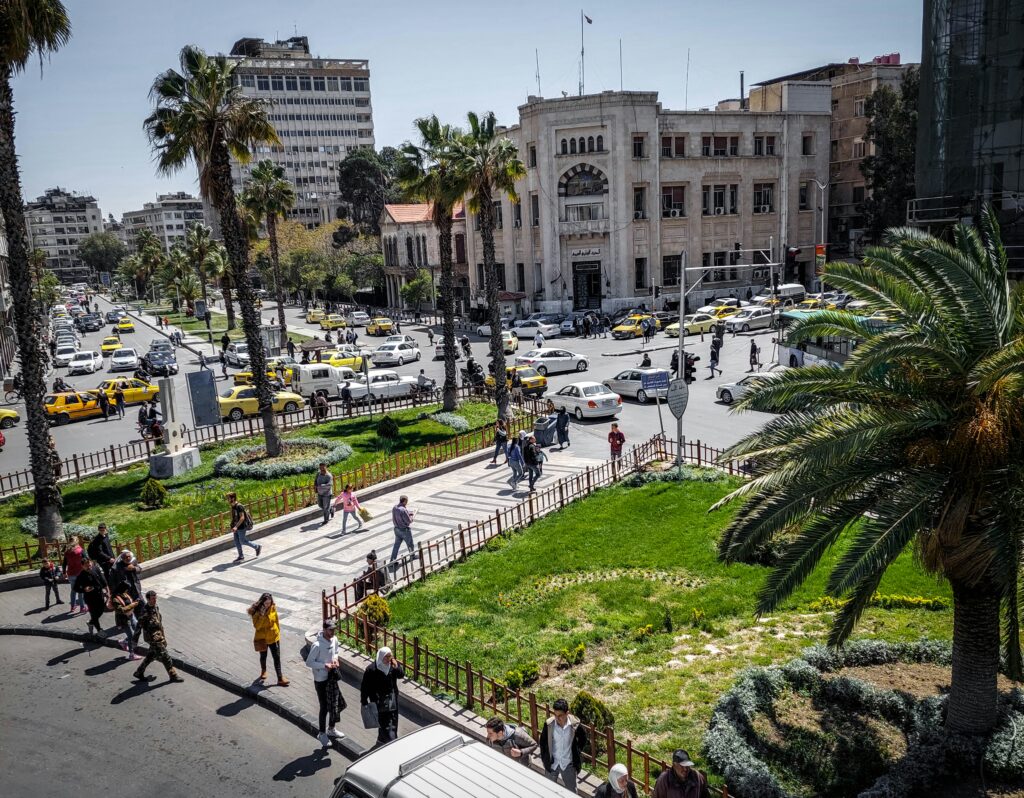The United Kingdom has lifted sanctions on a dozen Syrian entities after the sudden removal of President Bashar al-Assad in December. The move signals a shift in the UK’s stance toward Syria. Officials now focus on helping the country rebuild after over a decade of civil war. The change is part of a broader Western trend of cautious re-engagement with Syria’s new leadership.
UK Government Ends Restrictions on Key Institutions
The UK had originally placed sanctions on Syrian ministries and media outlets. These were linked to Assad’s violent crackdown on civilians and the spread of false information. Among the groups targeted were the interior and defence ministries. State-run news outlets like SRT, Sama TV, and Cham Press TV also faced penalties.
Now, financial restrictions and asset freezes on these entities have been lifted. British officials said the goal is not to support Assad’s loyalists. Instead, they hope to give Syrians a fresh start under the new administration. Foreign Minister Hamish Falconer said, “Syria deserves a chance to rebuild, and a stable Syria is good for British national interests.”
The UK did, however, keep sanctions in place on Assad and his closest allies. A new legal update will allow the UK to prosecute war crimes committed during the conflict. This includes violations from both the Assad era and other groups involved in the war.
New Syrian Government Seeks Support
Syria’s new leaders, headed by Ahmad al-Sharaa, continue to call for an end to sanctions. Al-Sharaa, once an insurgent leader, took power after Assad’s unexpected departure in December. He now leads a fragile coalition government. This group promises reform, peace, and national healing.
Damascus officials say sanctions still block critical aid, goods, and funds needed for recovery. They warn that without international help, Syria’s economy may collapse further. Inflation, high unemployment, and crumbling infrastructure remain major issues.
In March, the UK also removed sanctions from 24 more companies. These included banks and firms in the oil and gas sectors. Officials said these steps were made to help the people without giving power back to former regime insiders.
US and EU Take Cautious Steps
While the UK has acted quickly, the United States and European Union are moving slower. The Biden administration has not yet recognized Syria’s new leadership. Ahmad al-Sharaa’s past role in Hayat Tahrir al-Sham (HTS) raises concerns. HTS is still on the U.S. list of terrorist groups.
Despite this, small steps have been taken. In January, the U.S. Treasury issued a six-month licence. It allows certain energy-related deals with Syria under strict rules. The aim is to boost economic activity without helping dangerous groups.
The European Union has also relaxed some sanctions. Measures on Syria’s oil, gas, power, and air transport sectors have been suspended. EU leaders say this move supports basic services and civilian needs.
Global Focus on Balanced Engagement
Western countries now walk a fine line. They want to help ordinary Syrians recover from years of war. But they also aim to hold war criminals accountable and prevent new abuses.
The UK’s shift reflects growing belief that the best path forward includes economic support. This could build public trust in Syria’s new leadership. British lawmakers stress that support does not equal forgiveness. They say accountability remains a core part of any future ties with Syria.
In Syria, reactions are mixed. Some see the lifted sanctions as a sign of hope. Others fear the return of old patterns of control. Experts warn that the transition from authoritarian rule to a functioning democracy is slow and fragile.
The UK’s recent decisions mark a new chapter in Syria’s relationship with the West. By removing sanctions on media and civil sectors, officials hope to support Syria’s rebuilding efforts. At the same time, they plan to hold human rights abusers responsible.
As more countries review their policies, the world watches Syria’s transition. If reforms continue, more support may follow. For now, the UK stands at the front of this careful balancing act, aiming to promote both justice and recovery.


